Big Aussie corporations called out for $160 billion price-gouging secret
Everyday Aussies are feeling the pinch while big corporates rake in record profits making the inflation problem worse as they line their pockets.
Everyday Aussies are struggling as big corporates claim to be facing higher costs, yet still manage to post massive profits. Welcome to greedflation.
Greedflation describes the situation when businesses use rising costs as an excuse to increase prices, rather than absorbing at least some of the additional costs themselves.
Banks, insurers, airlines and telecoms are among those guilty of this type of price gouging.
The narrative that rising inflation has been driven by consumer spending has seen homeowners cop huge increases in interest rates as the Reserve Bank Australia (RBA) tries to rein in inflation.
But at the same time, corporate profits have been skyrocketing, raising questions over whether inflation is, in fact, being driven by greedy corporations.
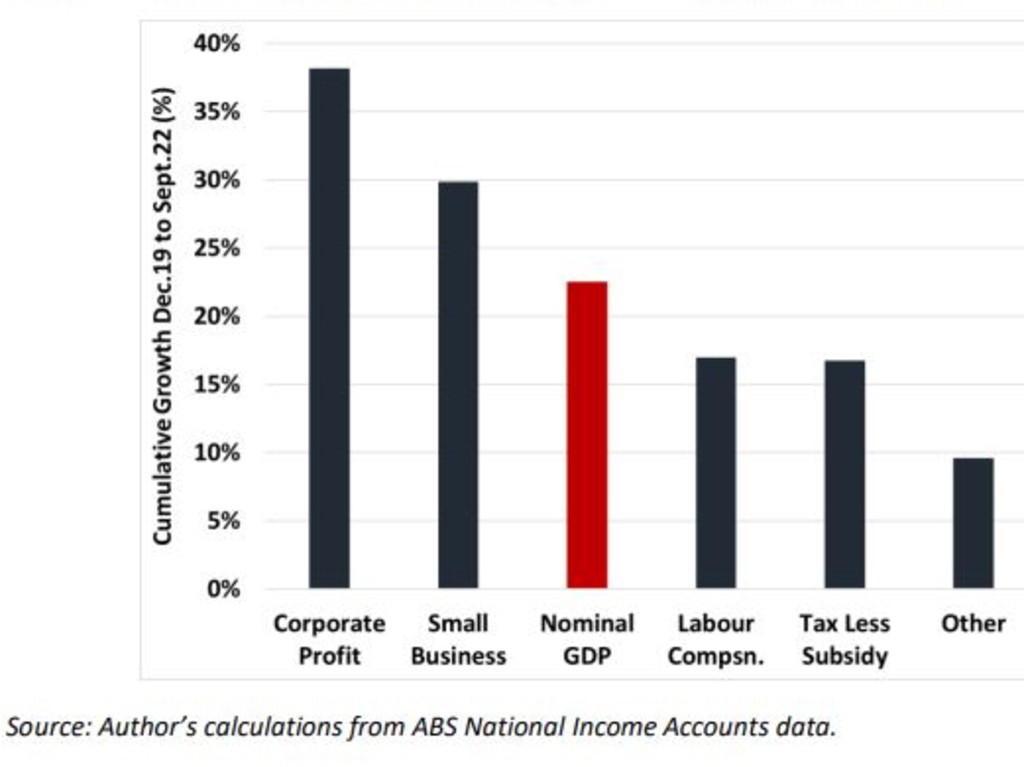
The Australia Institute’s Centre for Future Work report: Profit-Price Spiral: The Truth Behind Australia’s Inflation found that “as of the September quarter of 2022, Australian businesses had increased prices by a total of $160 billion per year over and above their higher expenses for labour, taxes, and other inputs and over and above new profits generated by growth in real economic output”.
Personal finance expert and author of Kill Bills, Joel Gibson told news.com.au: “It’s very hard for people to stomach reports about some of the biggest businesses in Australia making record profits at a time when we’re hurting. It’s not entirely down to price gouging but I definitely think there’s an element of that, businesses are maintaining their profits and at the same time expecting households to take the pain.”
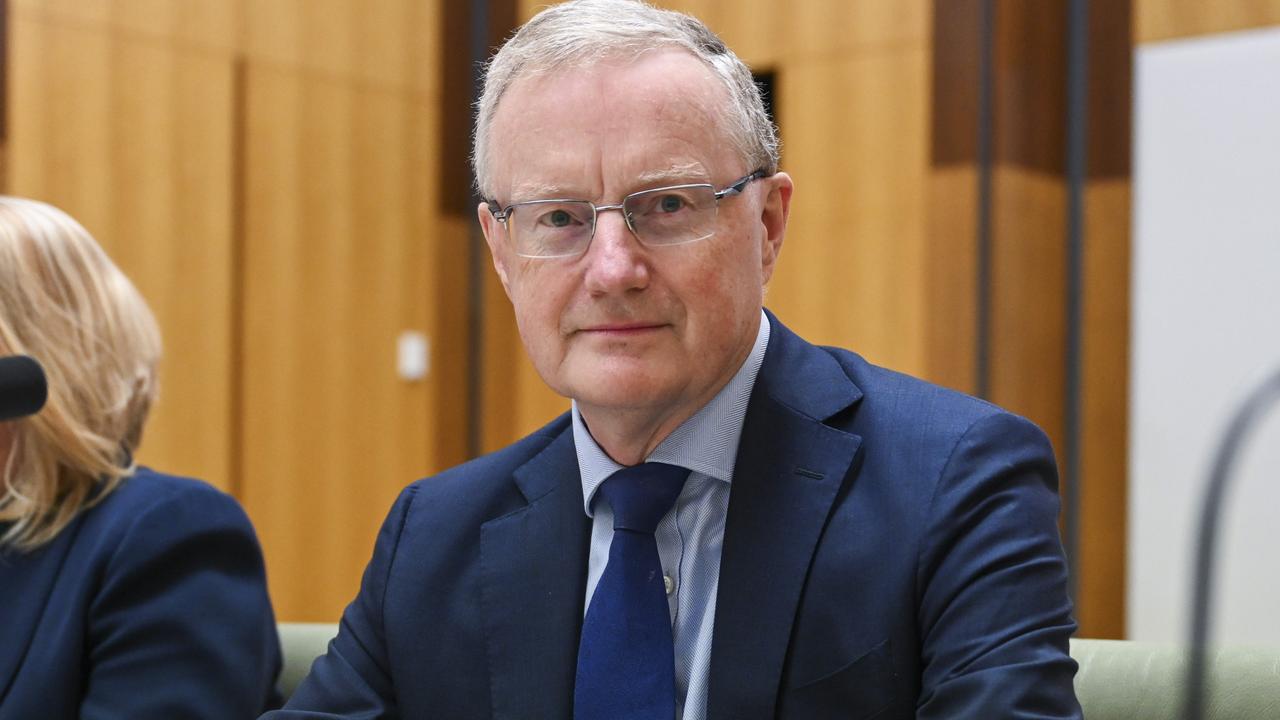
One example is the record $10.2 billion profit posted by the Commonwealth Bank (CBA), which was in part driven by an increase in its net interest margin, which is the difference between the interest rates banks charge borrowers and those they pay to savers.
The big four banks have all been criticised for being quick to pass on RBA rate increases to home loan customers but slower to lift interest rates for those with savings in the bank.
Defending the record result, CBA CEO Matt Comyn said: “It has been an increasingly challenging period for our customers, dealing with rising cost of living pressures. Our balance sheet resilience allows us to support our customers and deliver sustainable returns for shareholders.”
In another blow to Aussies, CBA recently announced the offshoring of 40 jobs, taking the total jobs offshored by the bank to 500 in the past two years, according to the Finance Sector Union (FSU).
“The decades of institutional knowledge lost with these Australian job losses is of course of no concern to the CBA fat cats who make these decisions. That this loss will result in a diminution of customer service for hardworking small business customers across Australia is of no consequence, relative to the imperative of the bonus and the insatiable crave to profiteer,” FSU national secretary Julia Angrisano said.
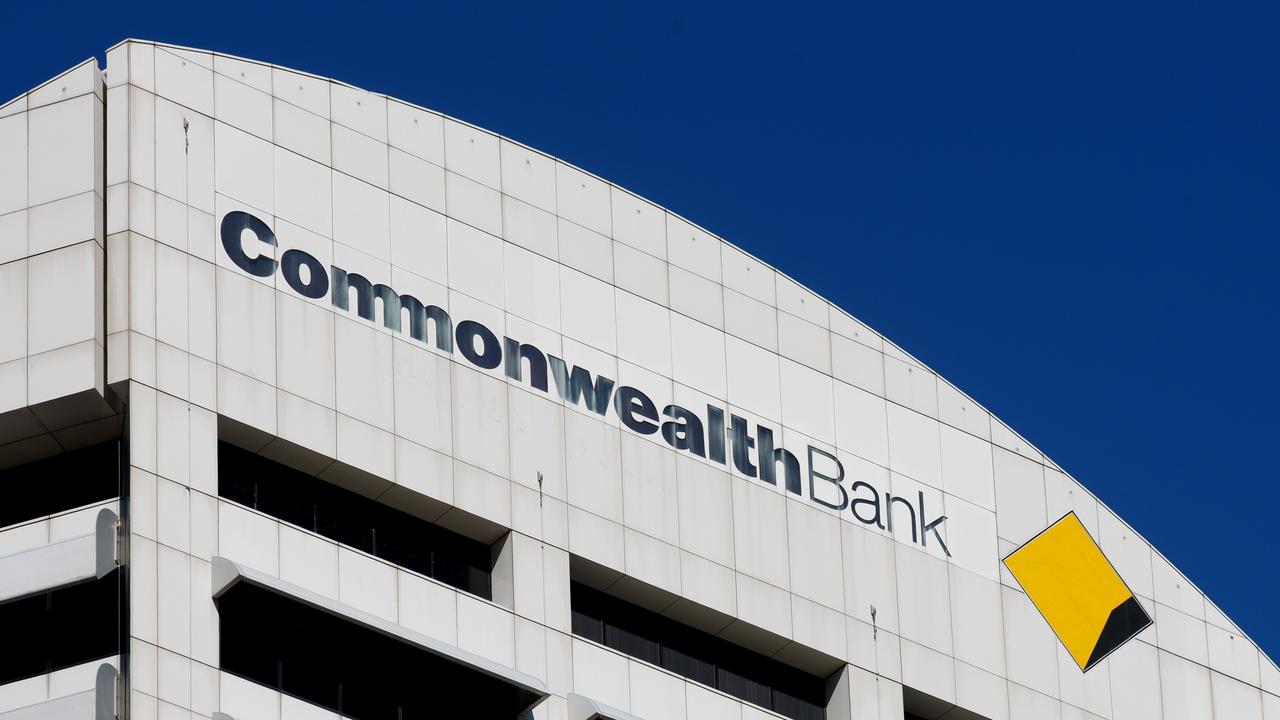
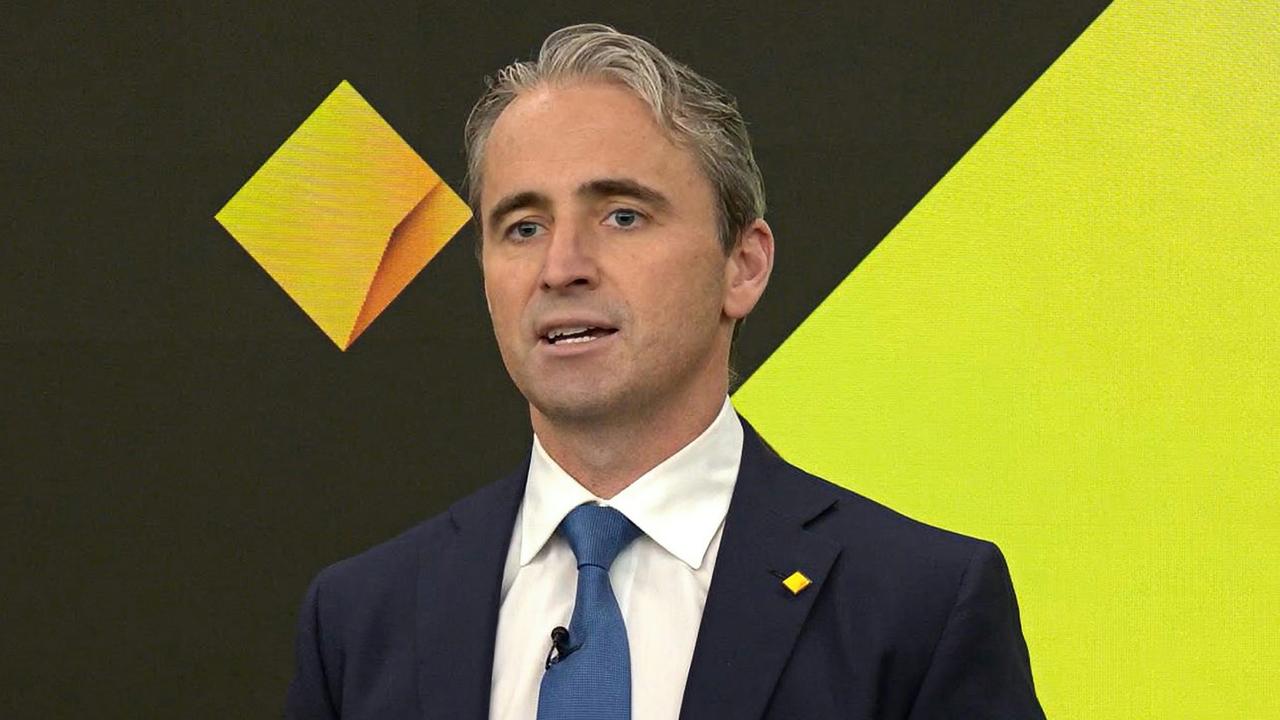
Insurance giant IAG has lifted home insurance prices by 20 per cent and car insurance prices by 14 per cent this year, with CEO Nick Hawkins claiming cost pressures were behind the rise and denying the company was price gouging its customers.
“The returns have been pretty challenging in our industry for the last couple of years. We’re trying to get it to what we think is a reasonable return, taking into account the material input cost changes we and the industry have had over the last 12 to 24 months,” Mr Hawkins told The Australian Financial Review.
Mr Gibson calls insurance premium hikes “the most under-appreciated pressure on budgets at the moment”. “For some reason the insurance industry has escaped scrutiny and I think that’s partly because everyone’s insurance premiums go up on a different day of the year so you don’t have that focused event, but the average increase seems to be around 15 to 20 per cent. While we all understand the cost of rebuilding a home has gone up and flood and fire events of the past few years are feeding through, it doesn’t really explain the across the board rises.”
It’s also costing Australians more to fly domestically while services levels decline, thanks to the dominance of Qantas and Virgin Australia who hold a market share of over 90 per cent, a recent report from the Australian Competition and Consumer Commission (ACCC) found.
“Without a real threat of losing passengers to other airlines, the Qantas and Virgin Australia airline groups have had less incentive to offer attractive airfares, develop more direct routes, operate more reliable services, and invest in systems to provide high levels of customer service,” ACCC Chair Gina Cass-Gottlieb said.
Mr Gibson agrees that “the last year or so has been particularly appalling in terms of poor service and high prices from the airlines”.
Telecoms are another greedflation culprit called out by Mr Gibson. “Telstra is putting up the prices of all plans in line with inflation, which it now does every year regardless of whether its costs are going up. Just because inflation rose 7 per cent doesn’t mean costs have gone up across the board for all businesses by 7 per cent.”
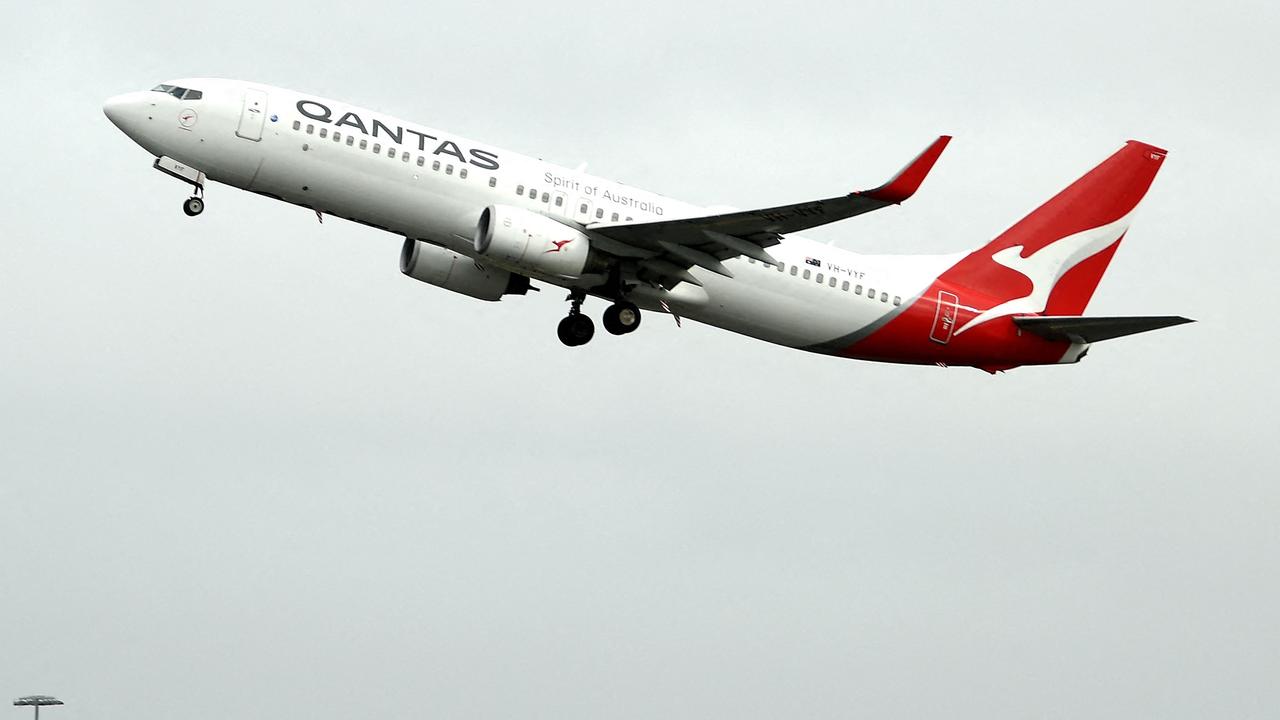
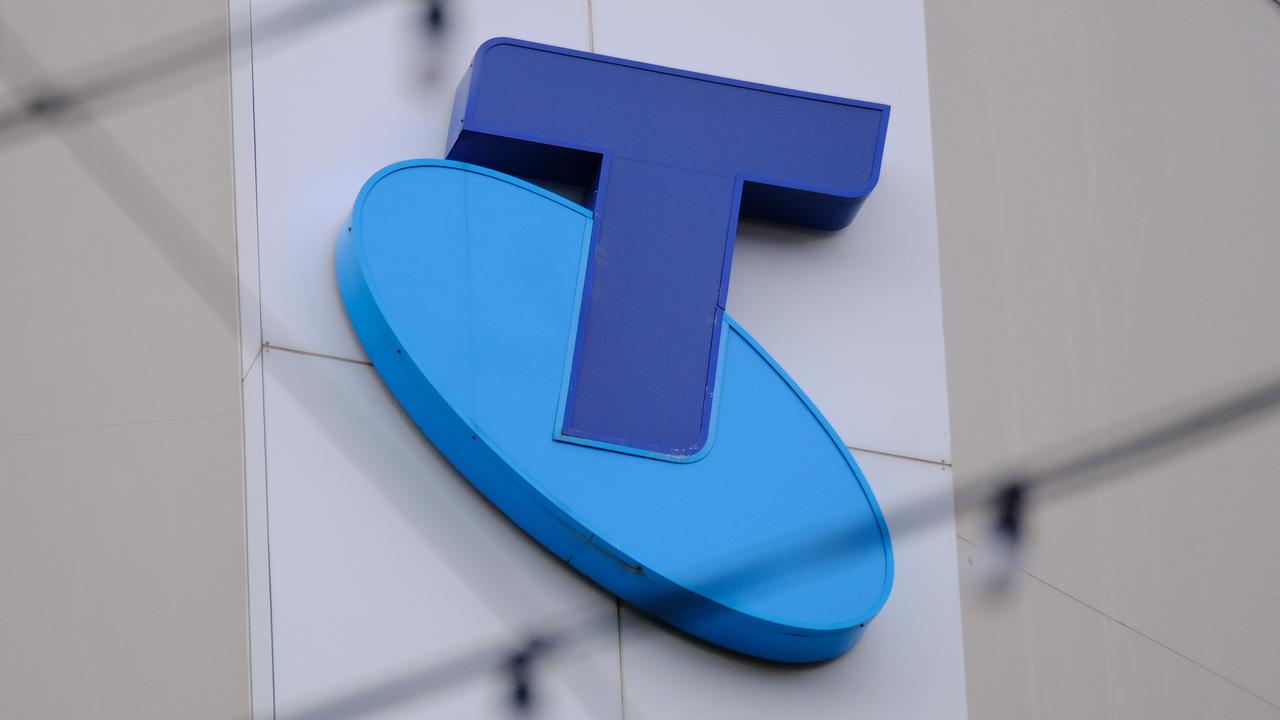
Mr Gibson calls this the “consumer price index excuse”, and it was called out by the RBA at its June meeting, with the minutes noting that “some firms were indexing their prices, either implicitly or directly, to past inflation”.
More Coverage
Mr Gibson said RBA Governor Philip Lowe had previously warned about the risks of this inflation psychology cycle. “The story gets out that prices are going up, then consumers expect prices to go up, then businesses put prices up, getting into an inflationary cycle,” Mr Gibson said.
greedflation is set to attract closer scrutiny with the Australian Council of Trade Unions’ recently announcing an inquiry into corporate price-gouging.
The inquiry, to be chaired by former ACCC chair Dr Allan Fels will “analyse the connection between living standards and surging corporate profits”, the union said.





